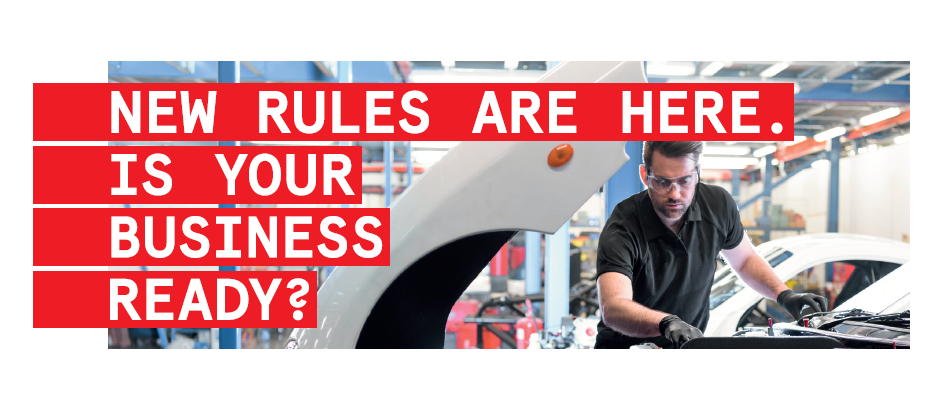Business rules have changed. The UK left the single market and customs union at the end of the transition period on 31 December 2020. There are new rules and actions that businesses need to take now to continue dealing with the EU.
If you run a business, it’s important that you check what you need to do. The UK’s new start brings new ways of working with other countries, both within the EU and throughout the rest of the world. By taking action now, you can help make sure your business can continue to trade and to take advantage of new opportunities.
You’ll find full guidance on the gov.uk/transition website, along with a checklist to help you.
But for businesses within your sector, there are four main areas where you’re likely to need to take action.
- IMPORTING AND EXPORTING
- If you export goods use the ‘Check How to Export Goods’ tool on gov.uk to look up information on overseas tariffs, rules and border formalities for trading your goods If you are temporarily moving equipment or parts from GB to the EU, you will also need to declare them. Information can be found on gov.uk
- Other actions you’ll need to take include:
- Checking that your goods meet the rules of origin and declaring that these goods comply with the rules. To claim preferential rates of duty, your goods must originate in the EU or UK (as the exporting country).
- Establishing how to complete your import or export If your goods do not meet the rules of origin requirements, (or if you cannot prove that the goods meet them) you will need to pay Customs Duty, unless your goods are eligible to claim a relief from customs charges.
- Getting an Economic Operator Registration and Identification (EORI) number, to complete customs
- Checking whether your imported goods are eligible for staged controls to defer your import declarations until July
- TRADING CHEMICALS
- Complying with UK REACH – if you want to place chemicals on both the EU/EEA/GB (including Switzerland) and NI markets from 1 January 2021, you must follow EU REACH and UK REACH
- Trading drug precursor chemicals – if you trade drug precursor chemicals you may need import or export You need a domestic licence or registration before you can apply for import or export licences, depending on the chemical you are trading.
- YOUR WORKFORCE
- Work travel – if you travel to the EU for work purposes, you may need a visa or work
- Driving – if you’re likely to need to drive whilst on a work trip to the EU, check you have the right
- Current employees – if you employ EU, EEA or Swiss citizens, signpost them to the EU Settlement Scheme to secure their future in the
- If you want to hire from outside the UK, including from the EU, you must be a Home Office licenced sponsor under the UK’s new points-based immigration The new system doesn’t apply when hiring Irish citizens, or EU citizens already living in the UK.
- DATA
- As part of the new trade deal, the UK and EU agreed a temporary ‘bridging mechanism’ for personal data. If your business receives personal data from the EU, find out what this means and sensible precautions your organisation should consider putting in












